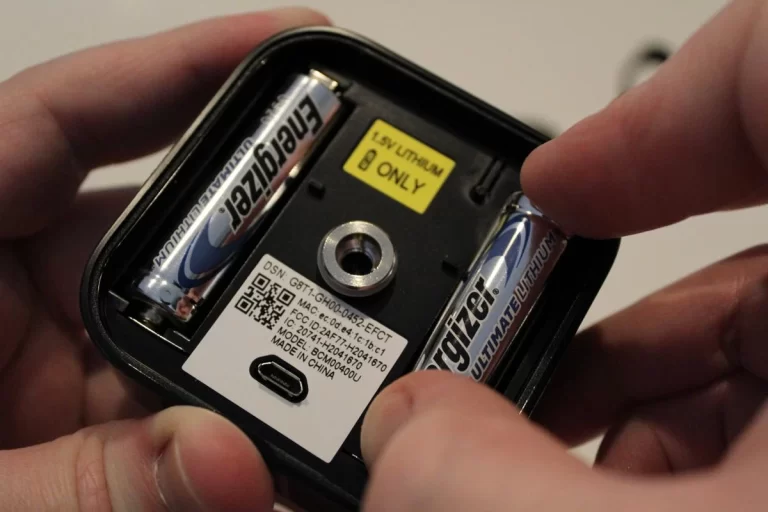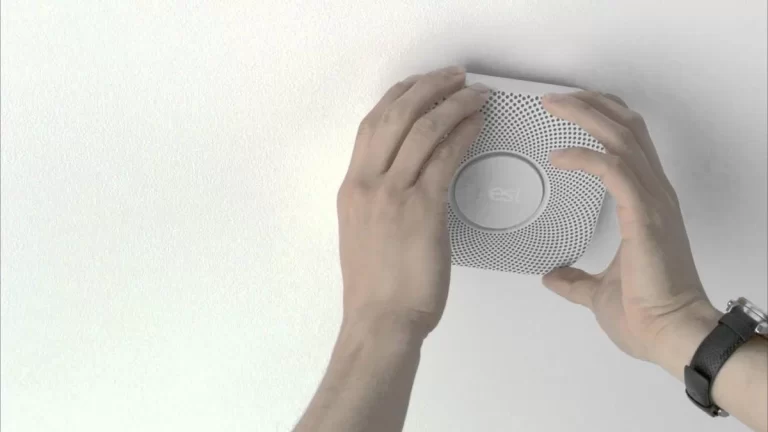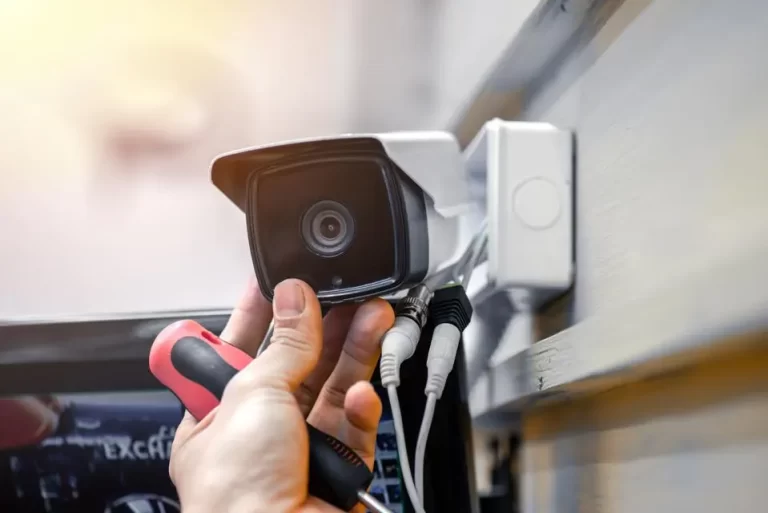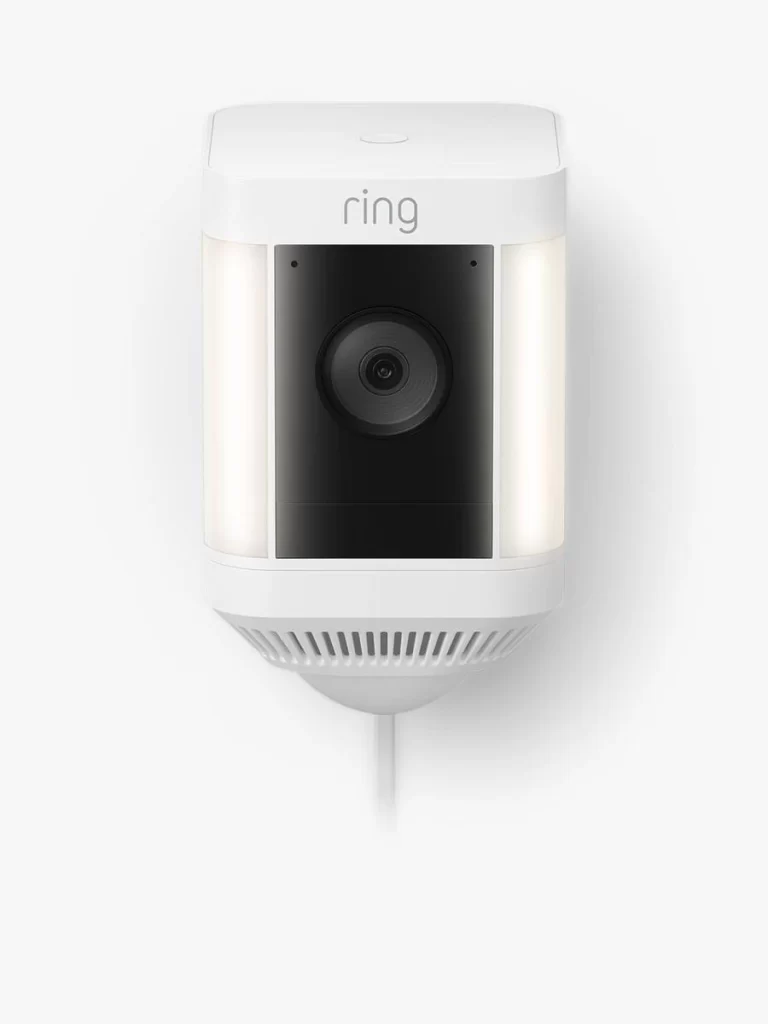Factors Influencing Fingerprint Lock Longevity
Factors influencing fingerprint lock longevity. Get detailed insights on how long fingerprint locks last, maintenance tips, and more in this comprehensive guide.
Fingerprint locks have revolutionized security in recent years, offering a convenient and efficient way to secure your home or office. However, like all electronic devices, they too have a finite lifespan.
In this article, we will delve deep into the topic, “How long does fingerprint lock last?” We will provide you with essential information on the longevity of fingerprint locks, and maintenance tips to ensure you have a clear understanding.
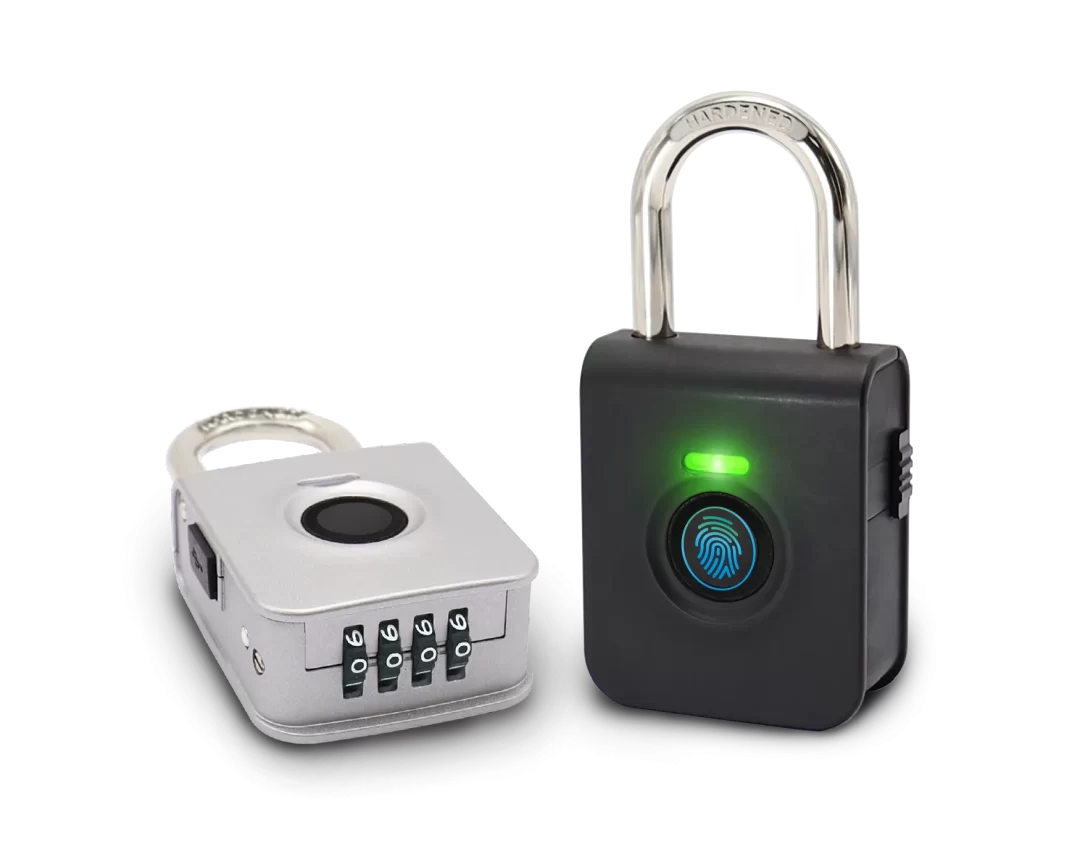
Factors Influencing Fingerprint Lock Longevity
A fingerprint lock, also known as a biometric lock, provides reliable security by scanning and recognizing an individual’s fingerprint.
But, just like any other electronic device, its lifespan depends on several factors. Let’s explore these factors in detail.
1. Quality of the Fingerprint Lock
The longevity of a fingerprint lock heavily depends on its quality and the materials used in its construction.
High-quality fingerprint locks, typically made by reputable manufacturers, tend to last longer than cheaper alternatives.
2. Usage Frequency
The more frequently you use your fingerprint lock, the faster it will wear out. Residential fingerprint locks may last longer than those installed in high-traffic commercial areas.
3. Environmental Conditions
The environment in which the lock is installed can significantly impact its lifespan. Extreme temperatures, humidity, and exposure to the elements can reduce a fingerprint lock’s longevity.
4. Maintenance and Care
Proper maintenance and care can extend the lifespan of your fingerprint lock.
Regularly cleaning the fingerprint sensor, changing batteries as needed, and ensuring that the lock is not subjected to physical damage can help it last longer.
5. Technological Advancements
As technology evolves, older fingerprint locks may become outdated and less secure. Upgrading to a newer model might be necessary for enhanced security.
What Reduces the Lifespan of a Fingerprint Lock?
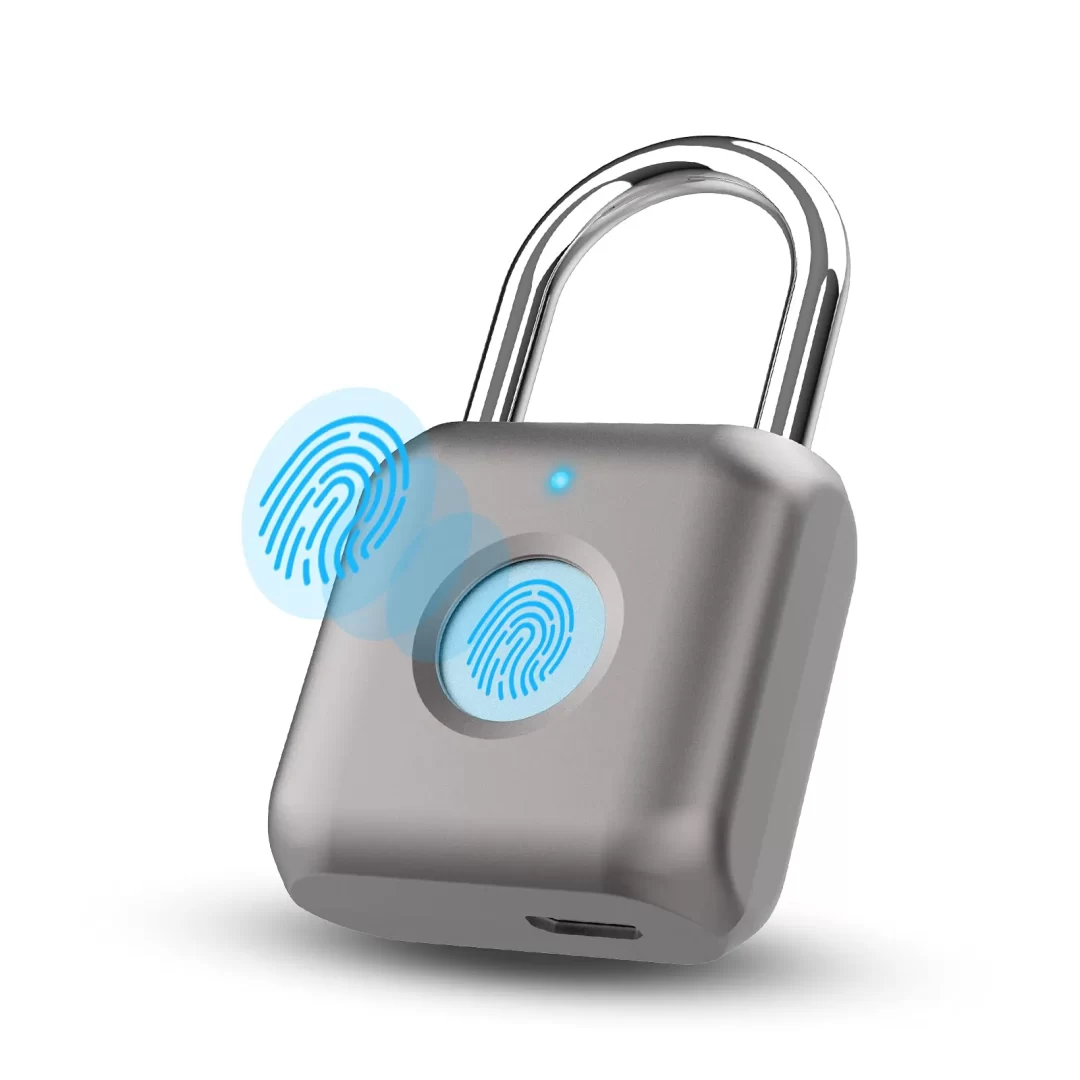
While various factors can extend the life of a fingerprint lock, certain elements can shorten it significantly. It’s crucial to be aware of these factors to ensure the longevity of your lock.
1. Neglecting Maintenance
Failure to maintain your fingerprint lock can lead to sensor malfunctions and reduced lifespan. Regularly cleaning and servicing the lock is essential.
2. Using Low-Quality Batteries
Low-quality batteries can cause power-related issues, leading to lock failures. Always use reputable batteries and replace them promptly when they run low.
3. Physical Damage
Accidental impacts or tampering with the lock can cause irreversible damage, significantly reducing its lifespan.
Conclusion
In conclusion, the lifespan of a fingerprint lock depends on various factors such as quality, usage frequency, maintenance, and environmental conditions.
By investing in a high-quality lock, performing regular maintenance, and being cautious about potential hazards, you can ensure that your fingerprint lock provides reliable security for years to come.
Remember that technology continually advances, so staying informed about the latest security features and updates is essential.
Now that you have a better understanding of “How long does fingerprint lock last?” you can make informed decisions when it comes to securing your home or office.
READ ALSO!!!

